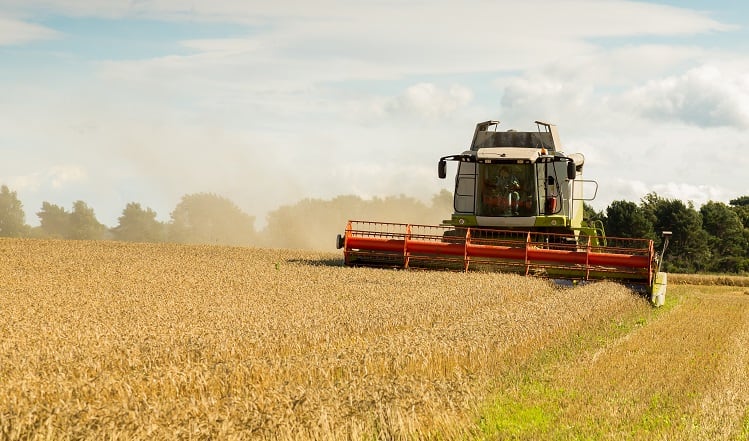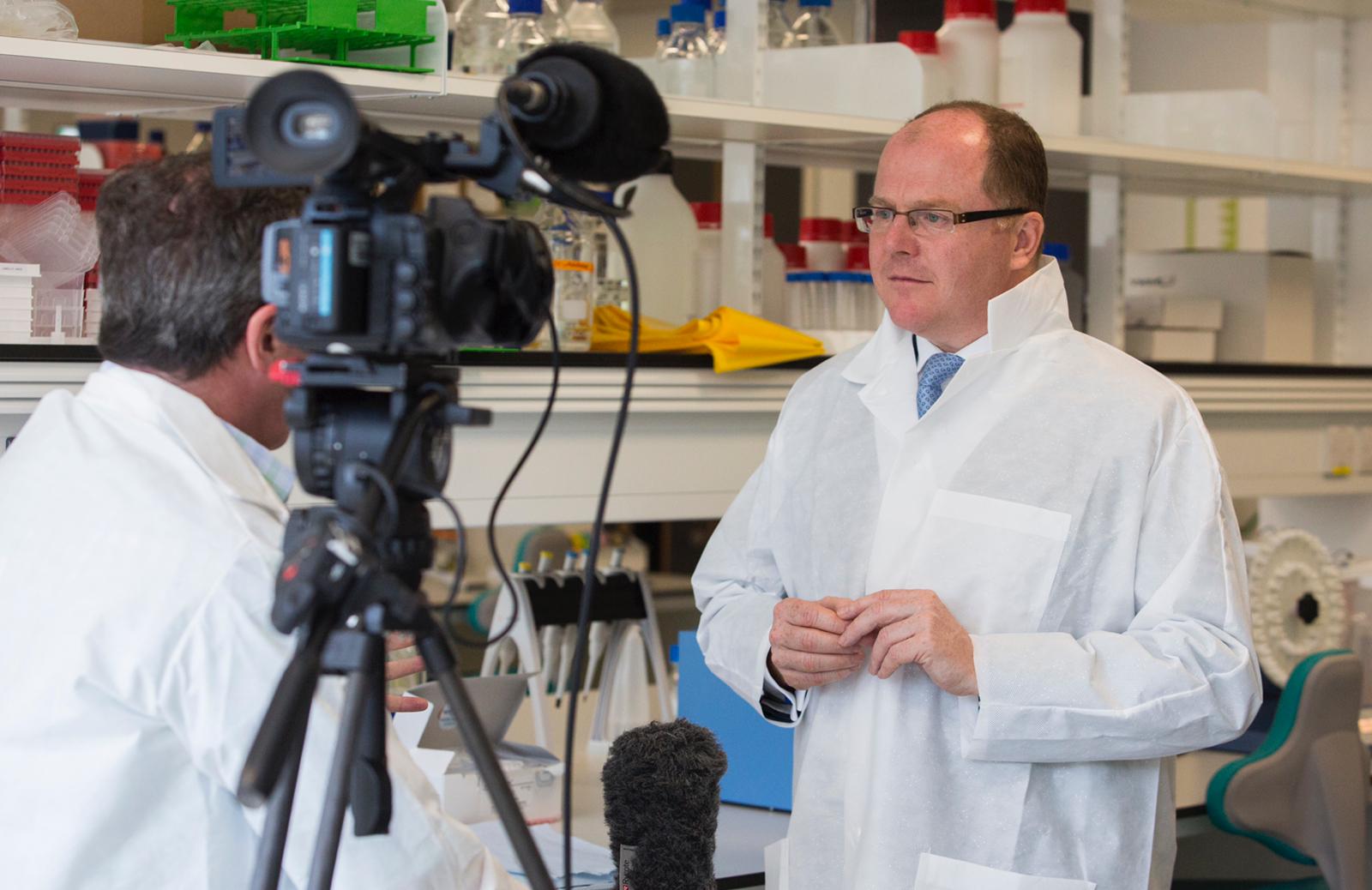The focus will be on plants produced by genetic technologies, where genetic changes could have occurred naturally or could have been a result of traditional breeding methods.
Rules for producing GE crops will become aligned with conventional breeding methods for research and development into plants, but scientists will be required to notify Government of any research trials.
Department for Environment, Food and Rural Affairs (DEFRA) chief scientific advisor Gideon Henderson said: “Gene editing technologies provide a more precise way of introducing targeted genetic changes - making the same types of changes to plants and animals that occur more slowly naturally or through traditional breeding.
“These tools enable us to harness the richness of natural variation to build better crops, speeding up a process humans have done through breeding for hundreds of years. There are exciting opportunities to improve the environment, and we can also produce new varieties that are healthier to eat and more resistant to climate change.”
Scientific approach
With the UK now outside of the EU, the Government is now free to set its own rules for the future of food production, opening up opportunities to ‘adopt a more scientific and proportionate approach to the regulation of genetic technologies’.
Its first step will be to change the rules relating to gene editing, in a bid to cut red tape and make research and development easier.
Environment secretary George Eustice said: “Gene editing has the ability to harness the genetic resources that nature has provided. It is a tool that could help us to tackle some of the biggest challenges that we face – around food security, climate change and biodiversity loss.
“Outside the EU, we are able to foster innovation to help grow plants that are stronger and more resilient to climate change. We will be working closely with farming and environmental groups to ensure that the right rules are in place.”
Food Standards Agency's role in GE foods
Professor Robin May, Food Standards Agency chief scientific adviser, said: “Our role moving forwards will be to work closely with colleagues in DEFRA and other key stakeholders both inside and outside of government, to ensure that the way we regulate genetic technologies is appropriate and robust, and crucially meets our objectives of prioritising food safety and protecting consumers.
“We always seek to listen to, inform and advise members of the public when it comes to food, and we take this responsibility very seriously. We know from carrying out recent consumer research into GE that the public have low awareness of this technology. We will continue to work hard to provide clear and transparent information so consumers can rest assured that the FSA is working hard to protect their plates and their interests.
“Finally, we support giving consumers choice. We recognise the potential benefits of GE methods, and understand the Government’s desire to unlock innovation and take advantage of opportunities for greater productivity and environmental sustainability in the food chain. However, GE or GM [genetically modified] foods will only be permitted if they are judged to be safe to eat, not mislead consumers, and not have less nutritional value than similar products that are already on the market.”
There are currently no GE foods on the market in the UK.
‘Huge potential’
National Farmers Union (NFU) vice president Tom Bradshaw said the Government’s new stance on precision breeding techniques – such as gene editing – had the potential to offer huge benefits to food production in the UK and help achieve climate change net zero.
“The world’s climate emergency points to the urgency of applying this technology to farming and this announcement is an important first step towards a properly functioning legislative system,” said Bradshaw.
“These new tools could help in a number of ways, from addressing pest and disease pressures on crops and farm animals and improving animal health and welfare, to increasing farmers’ resilience in the event of extreme weather events such as flooding and drought and benefiting the environment through more efficient use of resources. This would mean lower emissions and less waste, allowing British farmers to farm more sustainably and profitably.”
However, he was quick to warn the Government that gene editing was not a silver bullet. Any potential for success would require robust new Government regulation, fit for purpose and based on sound science.
‘Route to market’
“The NFU will be examining today’s announcement in detail and will work with Defra to ensure the right legislative system is in place, not only to drive research but also to provide a route to market for improved varieties and breeds,” Bradshaw added.
“We also urge government to provide the necessary researchers and companies with a clear timetable. The government will also need to work closely with the devolved administrations to deliver something which works for the whole of the UK.”
The next step will be to review the regulatory definitions of a genetically modified organism, to exclude organisms produced by gene editing and other genetic technologies if they could have been developed by traditional breeding. GMO regulations would continue to apply where gene editing introduces DNA from other species into an organism.
Meanwhile, a report calling for an overhaul of the UK's entire regulatory framework argues the move could unlock innovation in the food industry - Food Manufacture talked to MP and co-author George Freeman about that vision.





